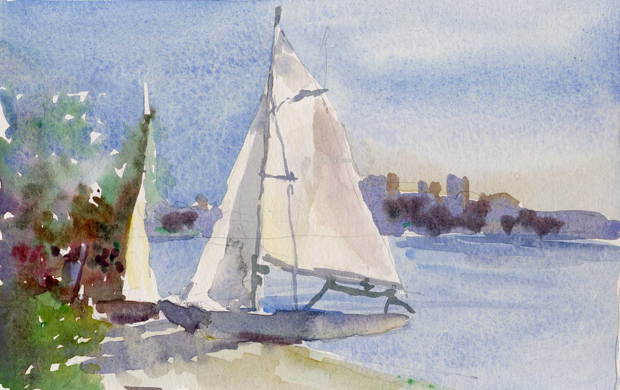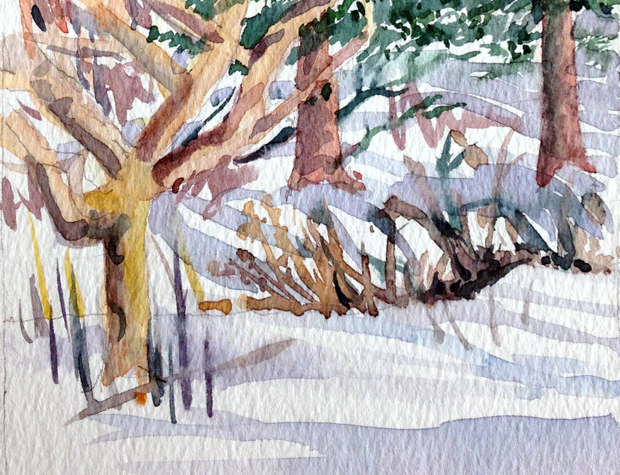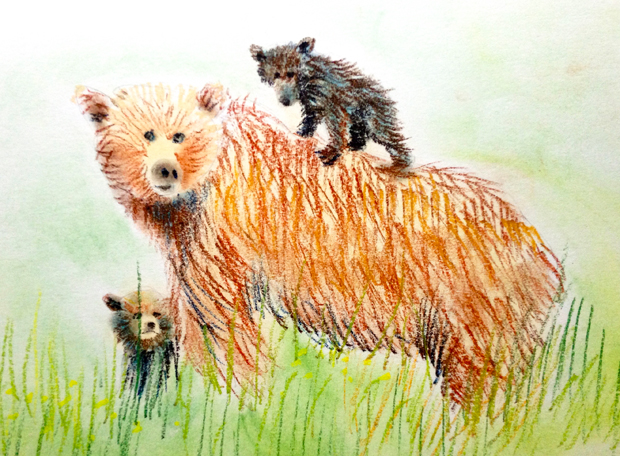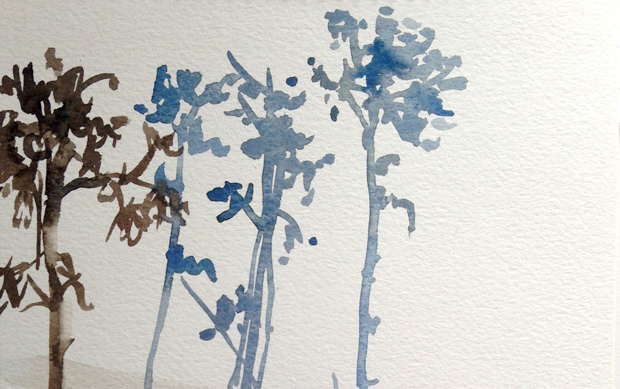 Fear of embarrassment isn’t the only reason for armoring up, hiding, ignoring or denying love. I just noticed today how much I arrange my life to avoid the pain of loss. It started early on, as habits often do. When I had my first high-school boyfriend, I was just certain he was going to come to his senses and dump me. Which he eventually did. At the time, I took it as a warning to be more careful with my heart next time. As if.
Fear of embarrassment isn’t the only reason for armoring up, hiding, ignoring or denying love. I just noticed today how much I arrange my life to avoid the pain of loss. It started early on, as habits often do. When I had my first high-school boyfriend, I was just certain he was going to come to his senses and dump me. Which he eventually did. At the time, I took it as a warning to be more careful with my heart next time. As if.
The other evening, my husband and I were out enjoying our forested backyard. He remarked (as he has before) on the grandeur of the tulip poplar that stands right in the center. There are also two huge beeches off to the side and a couple of oaks further back. But this poplar, this giant column of craggy bark, is a presence. I almost asked him whether he has told the tree how much he loves it. But he just had, by telling me. Right after that, I pictured it toppling over in a huge windstorm, perhaps crushing our house. Continue reading









